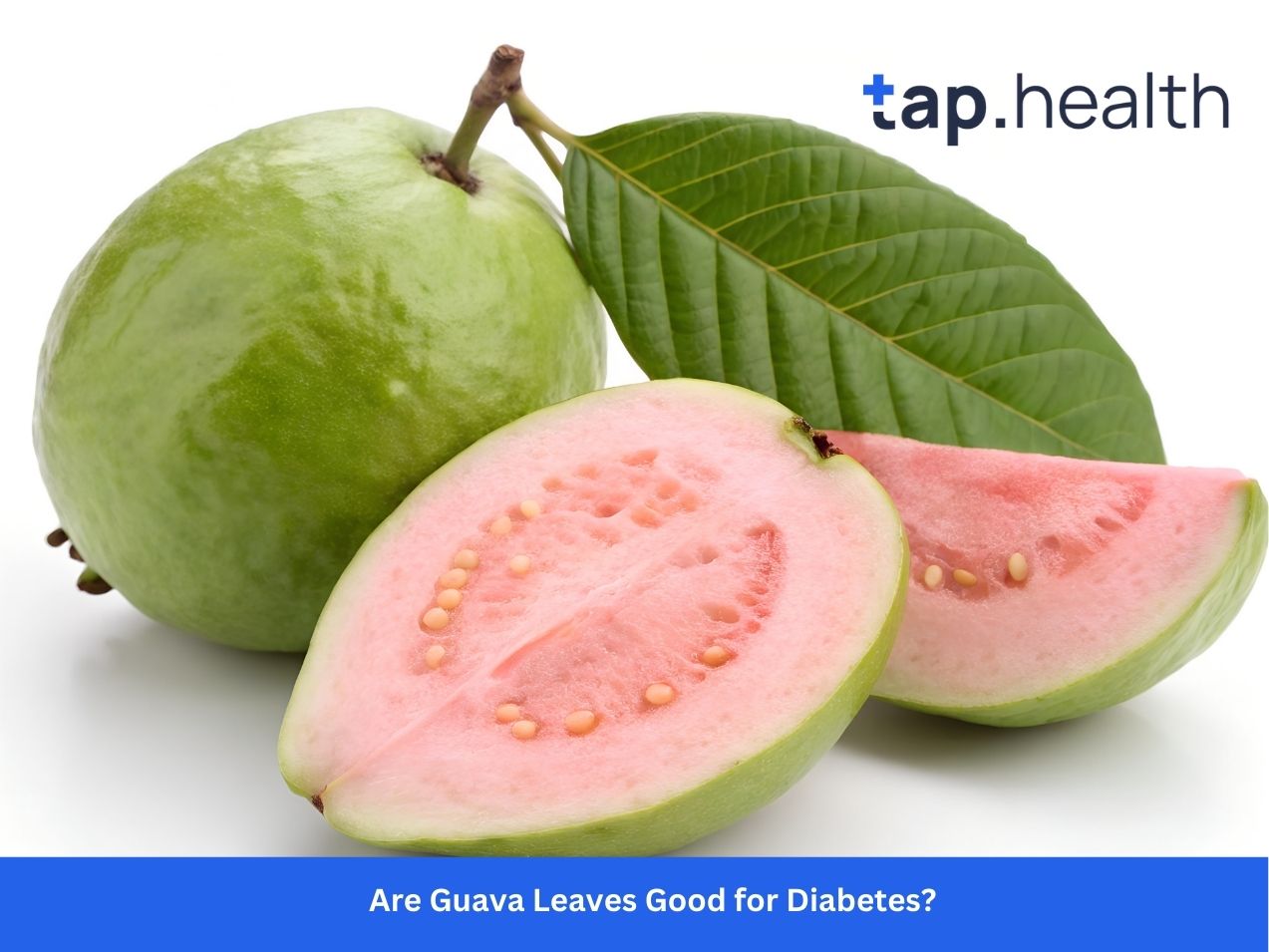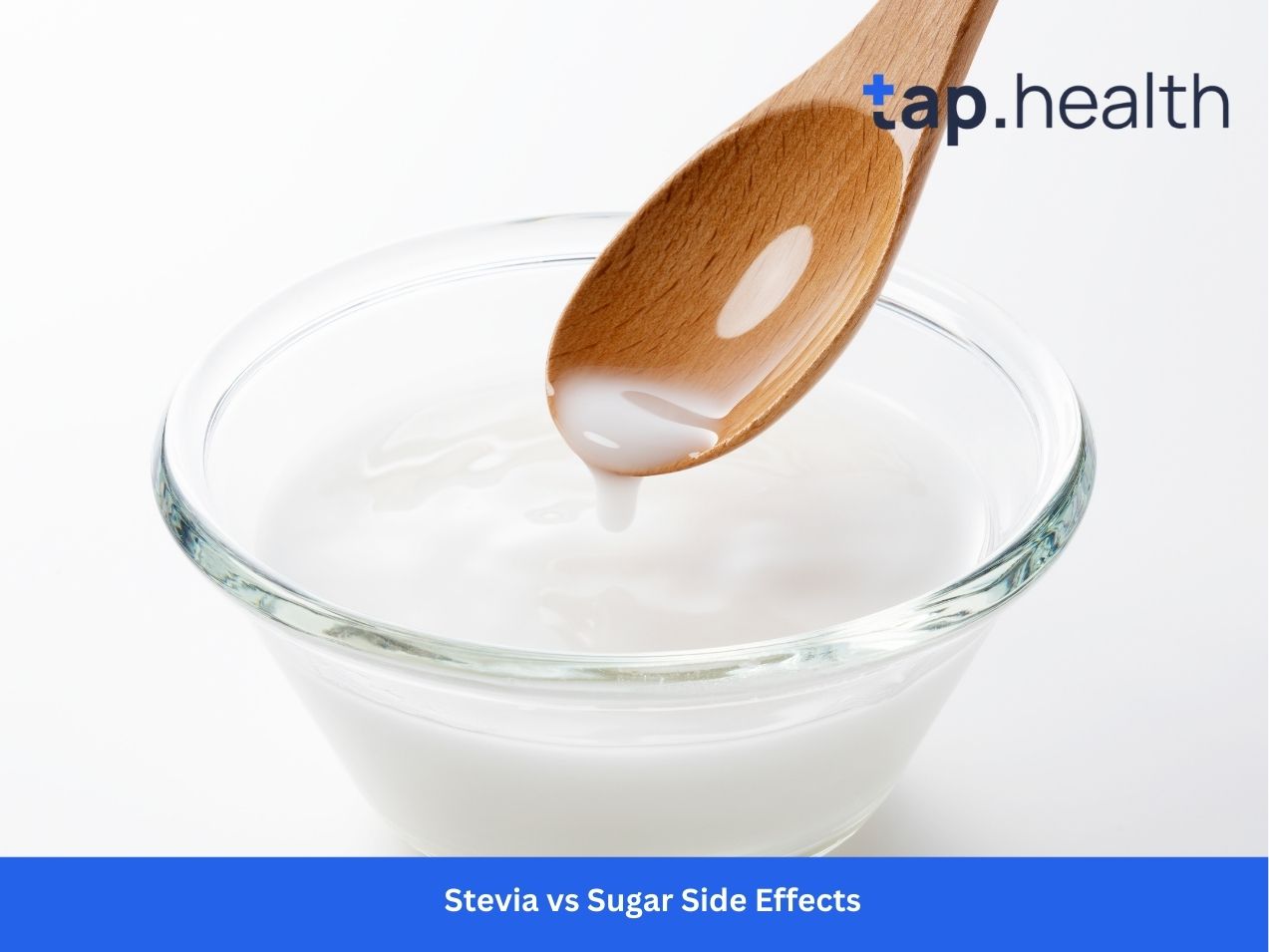Alzheimer’s disease remains one of the most feared neurodegenerative conditions worldwide. As the population ages, interest in natural ways to protect brain health and lower Alzheimer’s risk has surged. Among emerging nutrients, methylfolate – the active, bioavailable form of vitamin B9 – has gained attention for its potential role in cognitive health and dementia prevention.
What is Methylfolate and Why is it Different from Folic Acid?
Methylfolate (also called L-methylfolate or 5-MTHF) is the body-ready form of folate. Unlike synthetic folic acid found in most supplements and fortified foods, methylfolate requires no conversion by the body. This is especially important for the 30–50% of people with MTHFR gene mutations that impair folic acid metabolism, leading to chronically low active folate levels in the brain and blood.
How Methylfolate Supports Brain Health and Cognitive Function
Methylfolate plays three critical roles in protecting long-term brain function:
- Homocysteine Lowering High homocysteine is an established independent risk factor for Alzheimer’s and vascular dementia. Methylfolate, along with B12 and B6, converts homocysteine into methionine, significantly reducing blood levels and associated neuroinflammation and oxidative stress.
- DNA Methylation and Gene Regulation Methylfolate is the primary methyl donor for DNA and histone methylation – epigenetic processes that regulate gene expression. Altered methylation patterns are consistently found in Alzheimer’s brains, particularly in genes involved in amyloid processing and tau phosphorylation.
- Neurotransmitter Synthesis Methylfolate is required for the production of serotonin, dopamine, and norepinephrine. Imbalances in these neurotransmitters contribute to depression and cognitive decline often seen years before Alzheimer’s diagnosis.
Current Research: Does Methylfolate Actually Prevent Alzheimer’s?
Evidence is promising but not conclusive:
- A 2022 meta-analysis in Frontiers in Aging Neuroscience showed that higher dietary and blood folate levels correlate with 20–55% lower risk of developing Alzheimer’s.
- The VITACOG trial (Oxford University) found that high-dose B-vitamins (including 800 mcg folic acid) slowed brain atrophy by up to 70% in people with elevated homocysteine and mild cognitive impairment.
- Studies specifically using L-methylfolate (Deplin, 7.5–15 mg) as an adjunct in late-life depression showed significant cognitive improvement compared to placebo.
- However, large trials using only synthetic folic acid in people without B-vitamin deficiency or MTHFR mutations have often shown no benefit.
Key takeaway: Methylfolate appears most effective in individuals with high homocysteine, low baseline folate, or MTHFR polymorphisms.
Who Benefits Most from Methylfolate Supplementation?
People most likely to see brain-protective effects include:
- Those with MTHFR C677T or A1298C mutations
- Individuals with homocysteine >10 µmol/L
- Older adults with low dietary folate intake
- People with a family history of Alzheimer’s or cardiovascular disease
- Patients already showing mild cognitive impairment (MCI)
Natural Folate-Rich Foods vs Supplements
The safest way to maintain optimal folate status is through diet:
- Spinach, kale, and romaine lettuce
- Lentils, chickpeas, and black beans
- Avocado and asparagus
- Broccoli and Brussels sprouts
- Citrus fruits and papaya
- Liver (richest animal source)
When diet is insufficient or genetic issues exist, therapeutic doses of L-methylfolate (1–15 mg/day) under medical supervision may be appropriate.
Safety and Side Effects
L-methylfolate is generally well-tolerated. Rare side effects at high doses include irritability, insomnia, or anxiety. It should not mask B12 deficiency the way high-dose folic acid can, making it safer for long-term use.
Final Thoughts
While methylfolate alone is not a magic bullet against Alzheimer’s, strong mechanistic and observational evidence suggests it plays an important protective role – especially when combined with B12, B6, omega-3s, exercise, and a Mediterranean-style diet. Correcting folate status and lowering homocysteine represent low-risk, high-reward strategies in the fight against cognitive decline.
Can Methylfolate and Optimal Nutrition Help Prevent Diabetes-Related Cognitive Decline?
Emerging research also shows that the same pathways – homocysteine reduction and improved methylation – may protect against brain complications in type 2 diabetes, a major risk factor for Alzheimer’s (sometimes called “type 3 diabetes”). At TapHealth, we emphasize personalized nutrition plans that address both blood sugar control and active B-vitamin status to maximize long-term brain protection.at includes these foods can help maintain adequate folate levels.
References
National Institutes of Health (NIH):
This resource discusses the importance of folate in health, including its potential impact on cognitive function.
Alzheimer’s Association:
Nutrition and Cognitive Health
This page provides insights into how nutrition, including vitamins like folate, can affect brain health.



